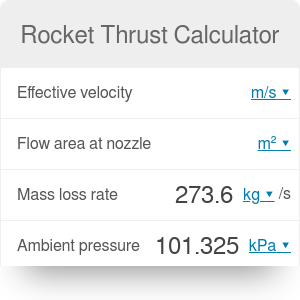
Fees – mortgage lenders all charge different fees to finance their services.They’re typically built into the closing cost of your loan, meaning they become part of the total cost of your new home. Closing costs – the homebuying process includes mandatory services like appraisal, and these services aren’t free.There are other costs associated with buying a home that you should be aware of: A home in a subdivision with a pool and tennis court may come with homeowner’s association (HOA) dues and mandatory swim club fees.

Beachfront properties may require that you purchase hurricane insurance. For example, the home you want to buy is on the banks of a river, you may need to buy flood insurance. Plus, you may have to take into account things that may not even be part of your mortgage cost but are still regular costs you’ll have to pay to as a homeowner. Some borrowers get loans that require private mortgage insurance (PMI), which adds cost to their monthly payment that other borrowers may not have to pay.Īdditionally, factors like your employment status (whether you’re self-employed or not) and even a home’s location can impact your mortgage. For example, your down payment and even the type of loan you ultimately get can have an impact on what’s included in your monthly payment. Why Unique Details Matter (and How Mortgage Calculators Can Miss Them)Įven though calculators like ours are more detailed, there are still some things you may not be aware of that can throw a wrench in your plans. Our Monthly Cost Calculator does take these elements into account, meaning your results will be more realistic than some other calculators. If you’re going to use a mortgage calculator, make sure it asks for more information than just the loan amount, term and interest rate. A lot of these calculators miss out on important elements like property tax, insurance and other costs that can have a huge impact on your monthly payment. Mortgage calculators are only as good as the information you give them, though. It’s a way of throwing out some numbers and having a reliable, accurate tool that takes complexities like interest rate into account.

Calculator tools can help you get some good preliminary information, and they’re also useful for providing insight into the homebuying process, introducing you to some ideas you may not yet be familiar with.įor example, if you’re just playing around with the idea of buying a house within the next year, a mortgage calculator can help you determine whether the monthly budget you’re thinking about is realistic. Like any other online tool, such as a symptom checker on a health website, mortgage calculators have their value, and they also have their limits. However, it’s important to put the information you get from a mortgage calculator into perspective. Should you use a mortgage calculator? Yes! We offer a range of different mortgage calculators that our current and future clients can use to gain insight into everything from what their monthly mortgage payment might look like to a comparison between fixed and adjustable mortgage rates for the same loan amount.
Rocket mortgage calculator how to#
Learn more about how to interpret what a mortgage calculator tells you, and what you can do to get the detailed information you need to make a homebuying decision.

Mortgage calculators are useful, but they do have some limits.


 0 kommentar(er)
0 kommentar(er)
